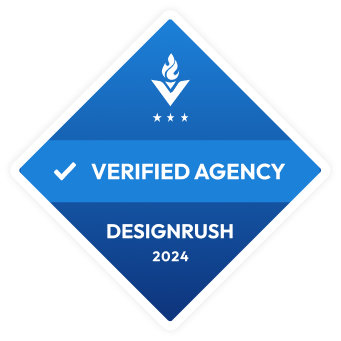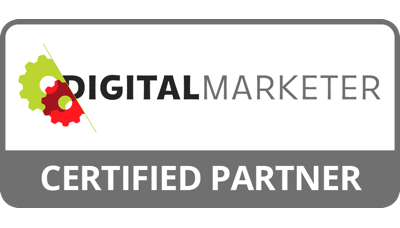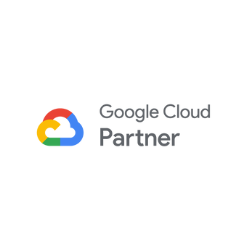Why we don't use WordPress to build Professional Websites
Why Don’t use WordPress for Website Development?

In the rapidly evolving world of software development, explaining the reasons behind technology choices can be challenging without getting too technical. Here at Evolv Digital Marketing Inc., we believe in providing clear and straightforward explanations for our decisions. This article aims to explain why we no longer utilize WordPress to build websites.
Our perspective comes from a wealth of experience:
- Over two decades of website development expertise.
- Previous use of WordPress as a website-building platform.
- Having knowledge of more modern platforms to better serve our clients from a technology, stability and cost perspective.
While WordPress has served its purpose in the past, we have found far superior and more modern solutions that we now prefer to use. Let's delve into the factors that underpin this decision.
1. WordPress Limitations in Diverse Use Cases:
Originally designed as a blogging platform, WordPress has expanded its functionality. However, at its core, it remains more suited to simple content management tasks like blogging. It falls short when it comes to handling complex operations, such as e-commerce, data security, and enterprise-level requirements.
2. Outdated Coding Approach:
WordPress was born in the early 2000s using a coding methodology from the 1970s known as procedural programming. In the modern era, software development has advanced significantly, embracing more scalable and secure methods, such as object-oriented programming. This outdated coding approach in WordPress presents limitations in terms of scalability, security, and stability.
Additionally, the lack of clear separation between the frontend and backend in WordPress makes it less secure than systems with well-defined layers of security, particularly for sensitive data.
3. Plugin Anarchy:
WordPress boasts an extensive library of plugins that add functionality to its core. However, this flexibility comes at a cost. The open-source nature of plugins means there is minimal oversight regarding their quality, stability, and security. With an overwhelming number of plugins to choose from, it becomes challenging to identify the most reliable options. This contrasts with other platforms that maintain standardization and peer-reviewed contributions.
4. Security Concerns:
While the core of WordPress can be relatively secure with regular updates, vulnerabilities primarily arise from poorly-maintained plugins. The prevalence of critical vulnerabilities in WordPress plugins, without corresponding security updates, leaves websites at risk of exploitation by hackers. The older procedural programming method also exposes websites to potential security breaches.
5. Stability Issues:
Due to the vast array of plugins available, compatibility issues often arise between different versions of themes, plugins, and the core WordPress system. This can lead to errors, glitches, and difficulty in maintaining a stable website. This translates into costs for your business as there are high maintenance times and costs when something doesn’t work due to WordPress updates and unsupported plugins.
6. Usability Challenges:
Although WordPress has made improvements in its content management system, it was originally built for blogging, and its administration panel may feel outdated for more modern website needs. Multiple plugins can further compound usability issues, resulting in a confusing and disjointed user experience.
7. Hidden Costs:
While WordPress is often perceived as cost-effective for hosting, the expenses associated with customizations and plugin management can add up significantly. Commercial platforms tend to incorporate upgrade and security costs within their monthly or annual fees, providing a more predictable cost structure.
8. Evolving Alternatives:
In recent years, a multitude of alternatives to WordPress has emerged, catering to various specific needs, including e-commerce, business systems, event management, video content, and online communities. Other web platforms offer enhanced security and scalability, with separate frontend customization and centralized backend management.
At Evolv Digital Marketing Inc., we've embraced these modern systems for our projects. By staying ahead of the technological curve, we ensure our clients benefit from superior experiences, performance, scalability, stability, and security. We also integrate AI technology into our websites.
Our dedication to constantly evaluating and selecting the best tools aligns with the dynamic nature of the technology industry. As computers evolve and technology continues to shape the world, we remain committed to delivering innovative solutions that elevate your digital presence.
At EVOLV, we understand the important role a well-designed website plays in the success of any business. That's why we are proud to offer professional website design and development services that deliver an exceptional user experience while maximizing conversions, all backed by our array of cutting-edge A.I. features, and Digital Marketing Services. Contact us for more information or a demo of our cutting-edge technology.












